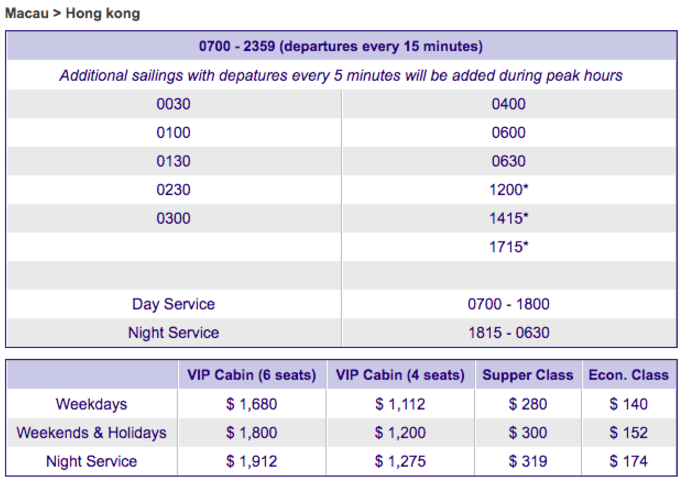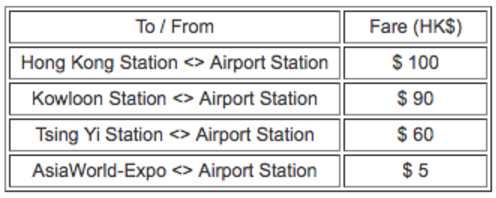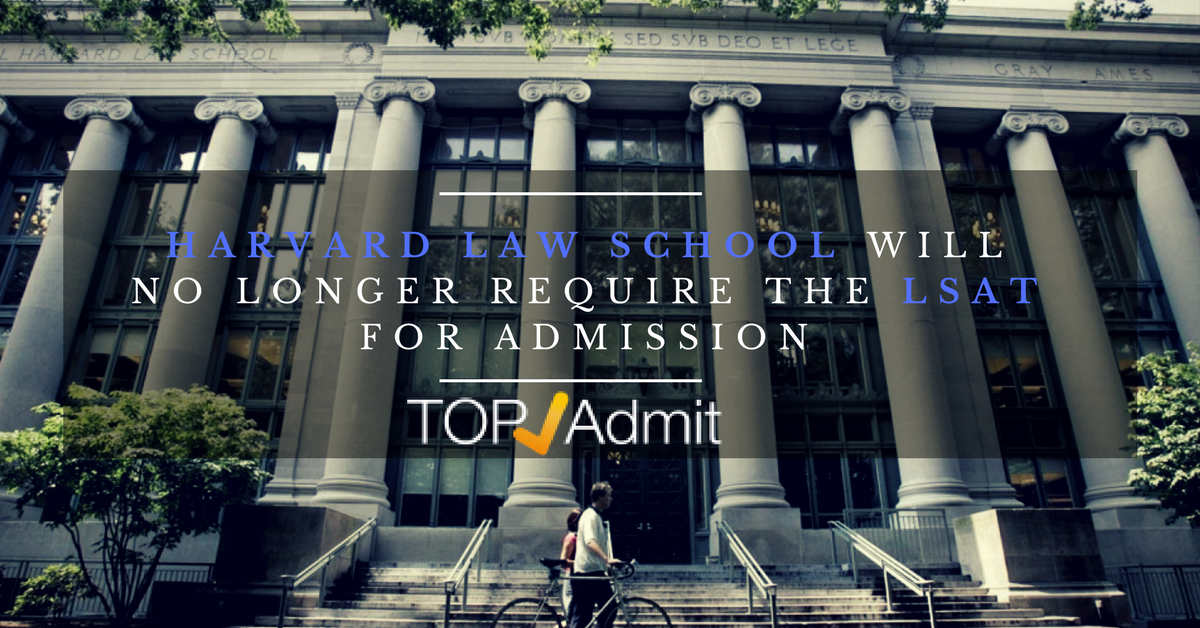For 70 years, the LSAT has been a rite of passage to legal education, a test designed to gauge students’ ability to learn the law.
But its dominance could change. Beginning this fall, Harvard Law School will allow applicants to submit their scores from either the Graduate Record Examination or the Law School Admission Test.
The significant change in admissions, a pilot program at Harvard, is part of a broader strategy to expand access. Because many students consider graduate school as well as law school, and because the GRE is offered often and in many places worldwide, the decision could make it easier and less expensive for people to apply, school officials said.
Harvard’s decision was announced this week, just before the arm of the American Bar Association that accredits law schools considers changing its standards to allow tests other than the LSAT.
Last year, the University of Arizona College of Law became the first law school in the country to allow applicants to submit GRE scores rather than LSAT scores. Two other schools followed. But for Harvard, which has one of the best law schools in the world, to do so could upend the admissions process for legal education.
“This is a very big deal,” said Bill Henderson, a professor at the Maurer School of Law at Indiana University at Bloomington, who has written extensively about legal education and rankings. “This is a wise move. It makes them better off,” by allowing them to consider applicants in a more comprehensive way without worrying that their median LSAT score, and hence their ranking, will drop. It means they can look for leaders and academic brilliance and countless other qualities, even if those don’t always align with extraordinarily high LSAT scores. “It loosens the vise grip of these numerical admissions criteria on the legal academy. … This is really exciting, good news.
“I can’t imagine other top law schools not following suit.”
In a sense, it brings admissions full circle: “You go back to the 1940s, 1950s, Harvard and Yale were the folks that put these tests in place to begin with. In the postwar years, they were getting this tremendous rush of applicants,” Henderson said, and they were gauging aptitude for the law largely based on whether students were able to pass the first year. And the LSAT was a huge success, he said, providing an excellent measure that allowed both students and schools a way to determine that without wasting a year. The trouble came in more recent years, he said, as schools developed a lopsided dependence on the test scores because of their effect on rankings.
Something else has flipped since that time: the volume of applicants.
Kyle McEntee, executive director of Law School Transparency, thinks many law schools have already been considering this change “because schools across the board have been struggling with applications — not only applications, but the quality of applicants.”
The other schools “have come under criticism for basically just trying to expand their consumer base” by not requiring the LSAT, McEntee said. “That criticism is clearly not going to apply to Harvard.”
Nationally, he said, law schools have struggled in recent years in the wake of the Great Recession as people learned that job prospects were threatened.
“Schools are trying to find new ways to find people. Will other schools follow? Probably,” McEntee said.
By the end of last week, there were more than 42,000 applicants for the 2017-2018 academic year, a decrease of 1.5 percent from the year before, according to the Law School Admission Council.
The current numbers aren’t directly comparable with past numbers because of the way they are tallied, but there has been a significant decline in applicants; nearly 89,000 people applied in the fall 2006 admissions cycle, according to the Law School Admission Council.
Harvard, by contrast, had a 5 percent increase in applicant volume both last year and this year, said Jessica Soban, associate dean for admissions and strategic initiatives.
“Regardless of the number of applicants we have, this initiative is about making sure the most qualified candidates continue to consider us,” she said. “We have been out pretty publicly with a message that some of the cutting-edge legal issues rely on an understanding of science and technology and engineering problems. These are the questions that require not only great legal training, but the technical underpinnings really do help to understand the issues.” She said the school is “up to double digits” in people coming with science and technical backgrounds, and many of them may have initially considered other graduate degrees.
About 17 percent of its current first-year class is made up of international students, she said, so broader access to the GRE was a significant factor.
A study by the school examined the GRE scores of current and former students who took both the GRE and the LSAT and determined that the GRE is an equally valid predictor of first-year grades.
“Harvard Law School is continually working to eliminate barriers as we search for the most talented candidates for law and leadership,” Dean Martha Minow said in a statement. “For many students, preparing for and taking both the GRE and the LSAT is unaffordable.
“All students benefit when we can diversify our community in terms of academic background, country of origin, and financial circumstances. Also, given the promise of the revolutions in biology, computer science, and engineering, law needs students with science, technology, engineering and math backgrounds. For these students, international students, multidisciplinary scholars, and joint-degree students, the GRE is a familiar and accessible test, and using it is a great way to reach candidates not only for law school, but for tackling the issues and opportunities society will be facing.”
It’s all part of broader efforts, Soban said, to make the school more accessible. Some of the changes include using Skype for interviews, wiping out the requirement of a deposit for accepted students and beginning a deferred-admission pilot program to encourage applications from juniors at Harvard College who commit to two years of work experience before law school.
“The decision has the potential to create a domino effect among other law schools,” Jeff Thomas, executive director of pre-law programs at Kaplan Test Prep, wrote in an email. “When Harvard changes their admissions strategy, other law schools take notice.”
If other schools follow, it would provide more options for students. The GRE is offered almost every day, Thomas noted, compared with the LSAT, which is available only a few times a year.
Kaplan Test Prep surveyed 125 law schools in May, and 56 percent said they had no plans to adopt the GRE as an admissions alternative to the LSAT. Just 14 percent said they planned to do it. But the remaining 30 percent said they were not sure, which Thomas said signified a lot of room to grow. “We think that number is likely to increase over the next few months,” he said.
The council of the Section of Legal Education and Admissions to the Bar, an agency of the ABA, has planned a meeting from Thursday through Saturday in California at which the question of whether the LSAT is fundamental will be considered.
Barry Currier, the section’s managing director, said in a statement Wednesday afternoon that his organization “will consider changes to Standard 503 dealing with admission tests at its meeting this weekend and whether to put these changes out for notice and comment. For that reason, at this point we will defer for now any comment on any individual law school’s proposal or pilot program on testing of prospective students.”
Minow said in a statement, “We look forward to working with the American Bar Association on finding the most effective ways to encourage the best students to enter the legal profession.”
Source: By Susan Svrluga – The Washington Post








